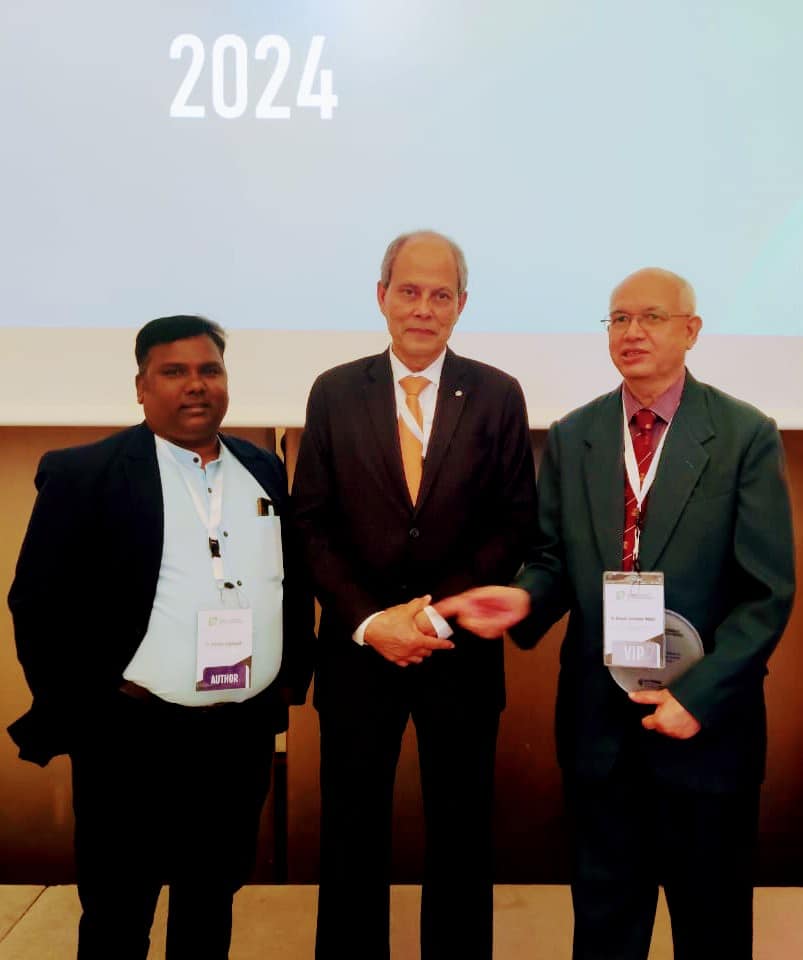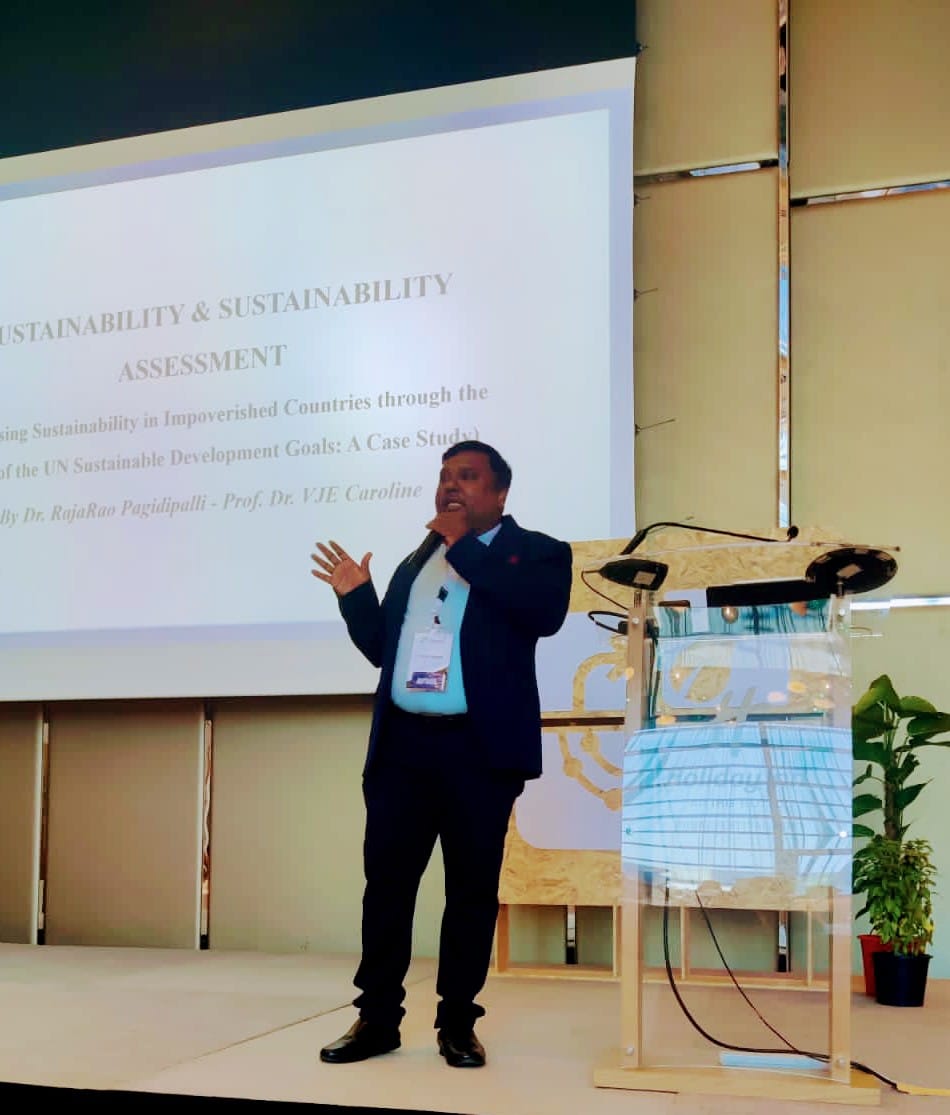COP 28 Resolution 42/57: As mentioned throughout this document, Climate change impacts communities and societies, particularly vulnerable communities and underrepresented groups. As such, ensuring
representation of all voices around the world is key to the process held under the values of the UN. In this regard, prior to COP 28, the COP 28 Presidency and the Executive Secretary of the UNFCCC announced a joint statement committing to work together to make COP 28 the most inclusive UN Climate Change Conference to date.
Resolution point 42 underscores the importance of inclusivity and representation in addressing climate change impacts, particularly for vulnerable communities and underrepresented groups. Prior to COP 28, the COP 28 Presidency and the Executive Secretary of the UNFCCC issued a joint statement committing to making COP 28 the most inclusive UN Climate Change Conference to date.
Positive Side:
Commitment to Inclusivity: The joint statement demonstrates a commitment from the COP 28 Presidency and the UNFCCC Executive Secretary to prioritize inclusivity in COP 28. By recognizing the importance of representing all voices, especially those of vulnerable communities and underrepresented groups, the statement highlights a step towards ensuring that diverse perspectives are considered in climate change discussions and decision-making processes.
Enhanced Engagement: Prioritizing inclusivity can lead to enhanced engagement from a wider range of stakeholders, including marginalized communities and civil society organizations. By actively involving these groups in COP 28, there is an opportunity to gather diverse insights, experiences, and solutions to address climate change challenges effectively.
Empowerment of Marginalized Groups: By focusing on inclusivity, COP 28 aims to empower marginalized groups and ensure that their voices are heard in climate negotiations. This can lead to more equitable outcomes and policies that consider the needs and priorities of vulnerable communities, ultimately fostering greater social justice in climate action.
Negative Side:
Challenges in Implementation: While the joint statement expresses a commitment to inclusivity, there may be challenges in effectively implementing inclusive practices at COP 28. Ensuring meaningful participation from all stakeholders, especially those from marginalized communities, requires dedicated resources, capacity-building efforts, and mechanisms to address barriers to participation.
Ensuring Representation: Despite the commitment to inclusivity, there may be challenges in ensuring adequate representation of all voices at COP 28. Marginalized communities and underrepresented groups may face barriers such as limited resources, language barriers, and lack of access to decision-making processes, which could hinder their meaningful participation in climate discussions.
Addressing Power Dynamics: Inclusivity efforts must also address power dynamics that may exist within climate negotiations. Ensuring that marginalized communities have an equal platform to voice their concerns and influence decision-making processes requires addressing systemic inequalities and power imbalances that may perpetuate exclusionary practices.
In conclusion, Resolution point 42 highlights a positive commitment to inclusivity and representation in COP 28, aiming to ensure that all voices, especially those of vulnerable communities and underrepresented groups, are heard in climate discussions. However, challenges related to implementation, representation, and addressing power dynamics need to be carefully addressed to achieve meaningful and equitable participation in climate action efforts.


